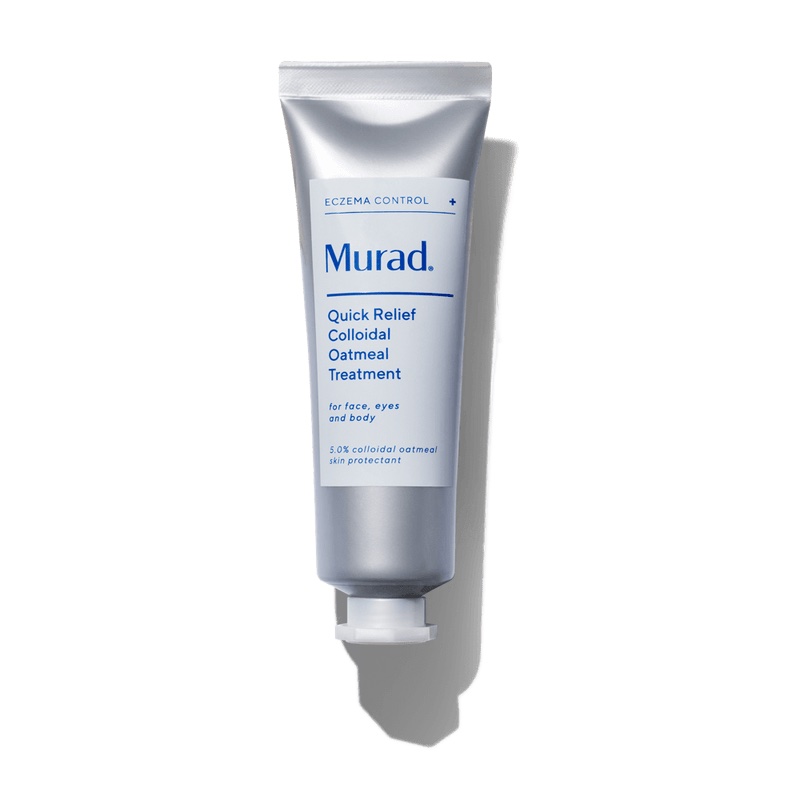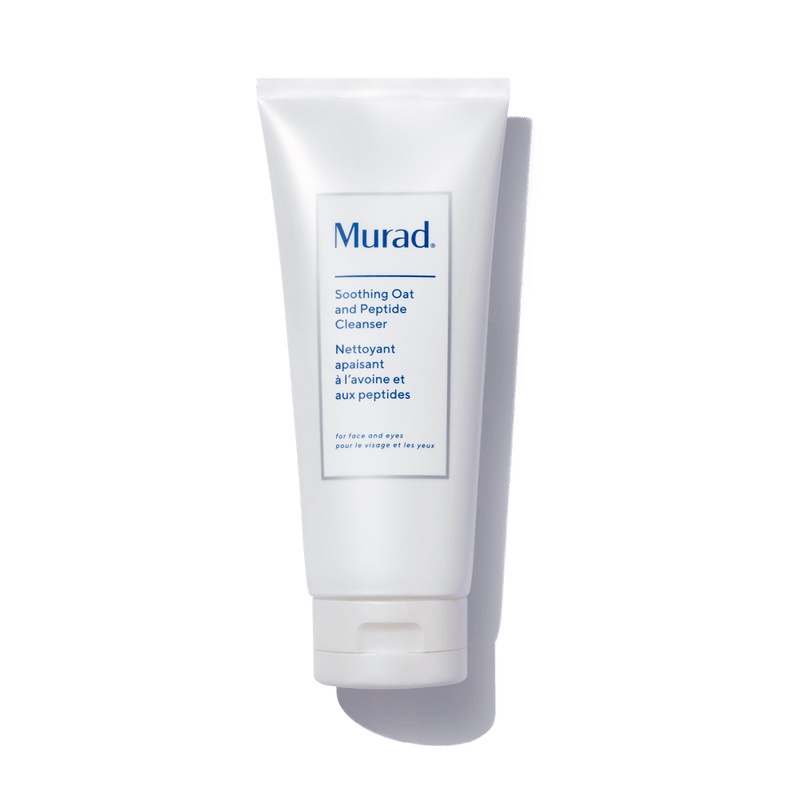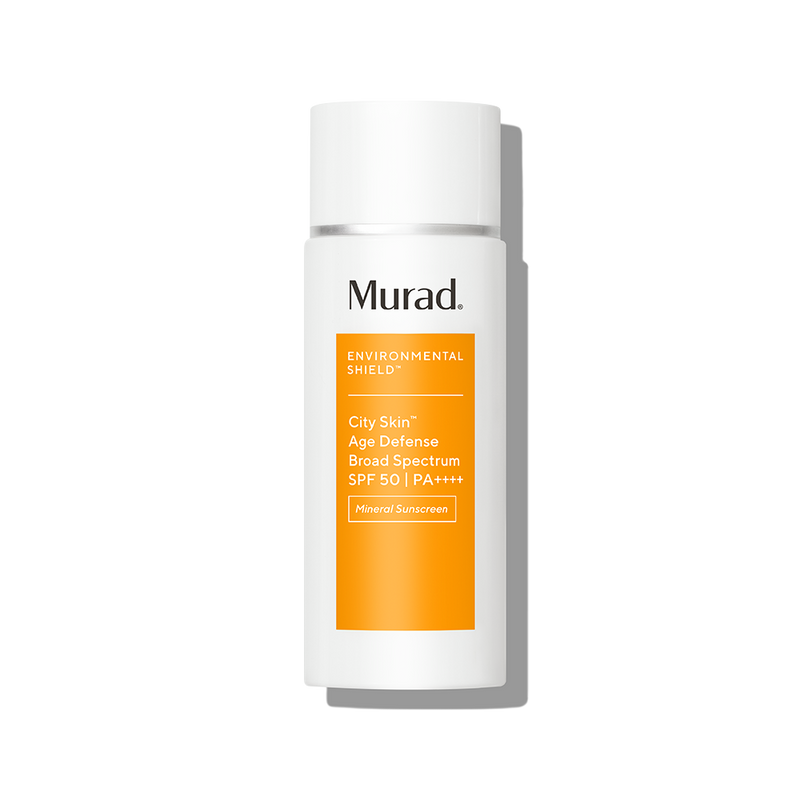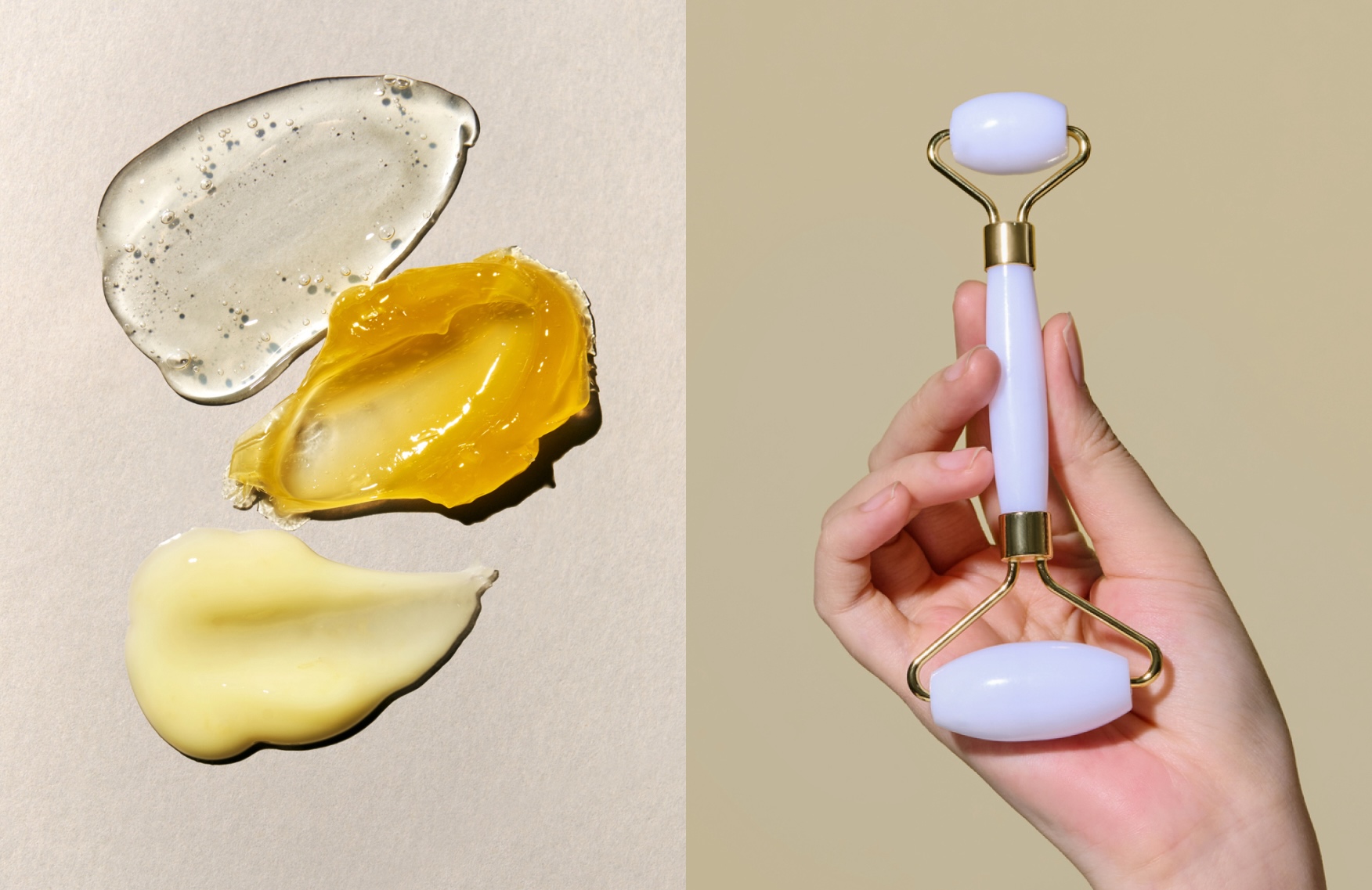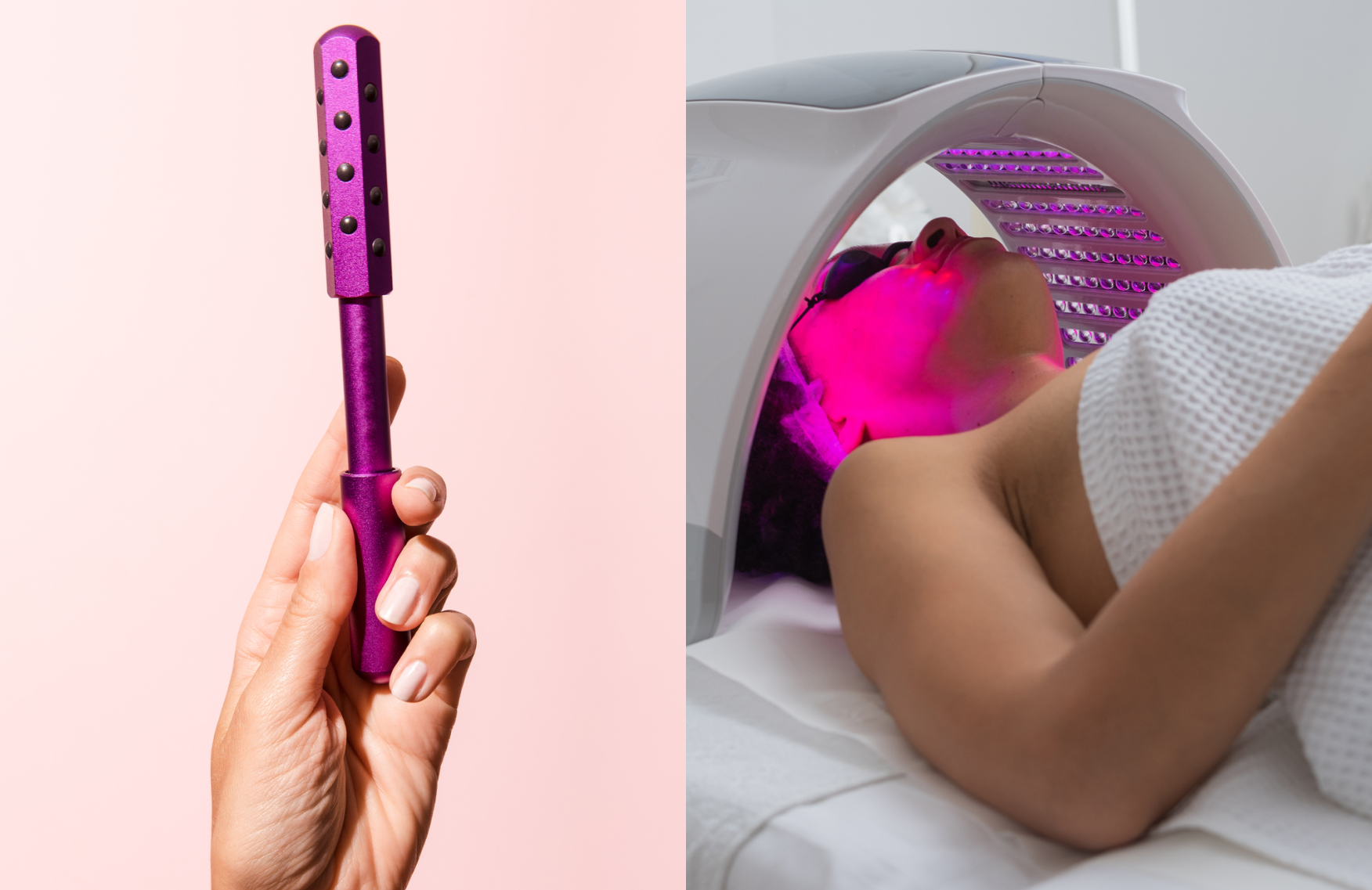Neurodivergent? Here’s how to rethink skincare when you have ADHD
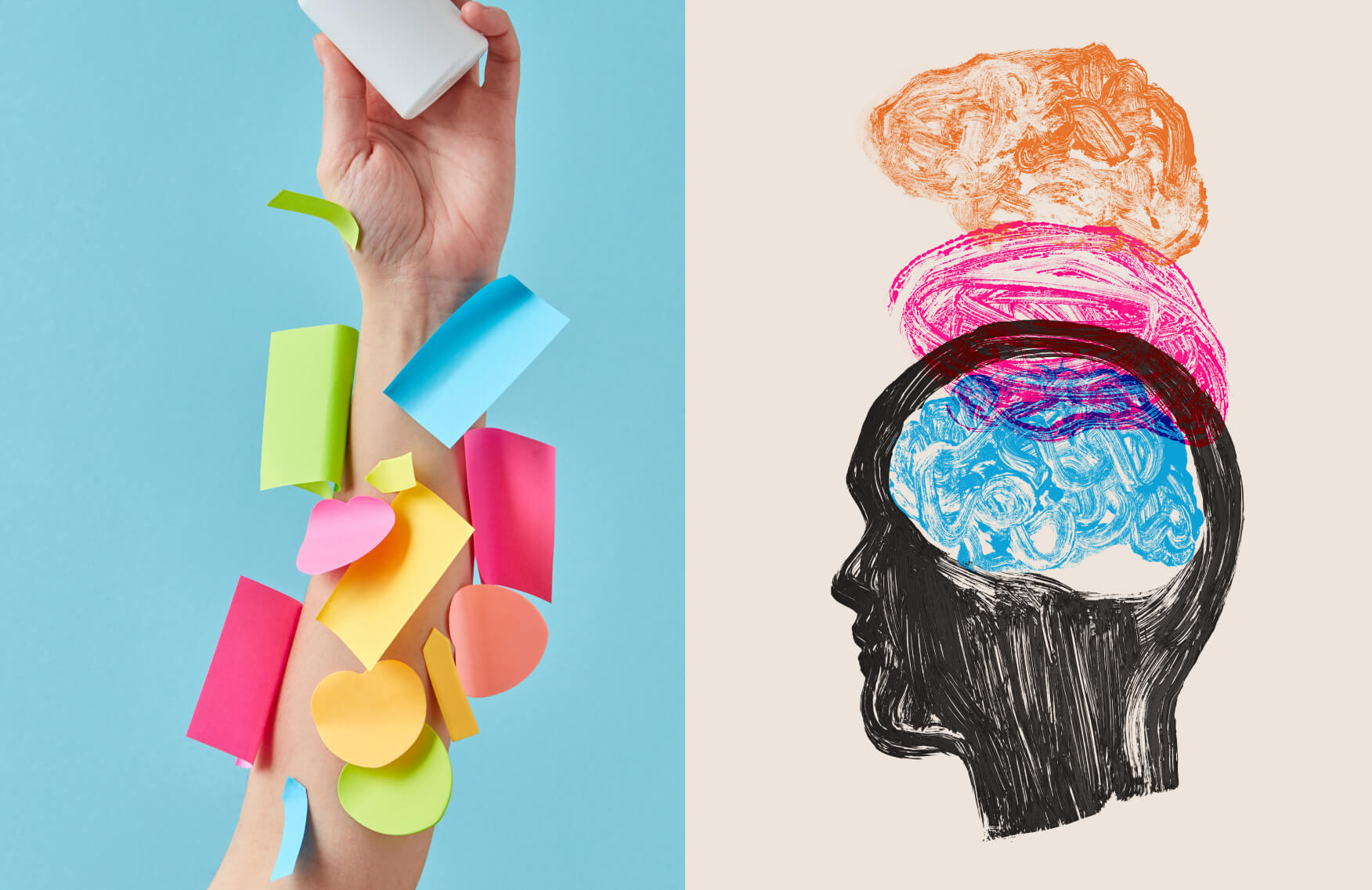
People who are diagnosed with a neurodivergent disorder such as ADHD, Tourette’s syndrome, dyslexia and those who are on the autism spectrum, have a different mental functioning and brain processing that are not considered typical in comparison with the majority of the population. “These people have different strengths and struggles than those with typical development of working capability,” explains Dr. Daniel Sadigh, Psy.D., LMFT, author of Balancing the Wheel and Clinical Director of Wheel of Wellbeing.
He adds that neurodivergent people differ from neurotypical individuals through the mind’s neurological responses — processing or cognitive differences — that could present itself by challenging one’s concentration, compromising motor functions and creating barriers in the communication process. Another challenge if you’re neurodivergent? Taking care of your skin.
Addressing special needs in skincare
Generally speaking, neurodivergent people could show heightened sensory sensitivity, Dr. Sadigh says. “For that reason, their skin’s texture and their sensitivity to touch can become a defining factor that may need special attention,” he adds, noting that it’s important to care for their sensitivities. “Being mindful of their comfort level and accommodating their sensory needs can be very helpful,” Dr. Sadigh shares, pointing to step-by-step explanations and offering alternative choices as useful approaches.
“For those with tactile and textural issues, it’s crucial to build a program that’s unique to them,” says celebrity dermatologist Dr. Ava Shamban. “If they don’t like smooth, gooey texture of the serums and creams or the rough exfoliating factors, adding in a brush or a sponge or a cotton ball as the tool may help. Whatever texture will be soothing should be the applicator to get the product to skin,” she says. Adds in Dr. Sadigh: “Taking time to understand their special needs, preferences or challenges can be effective because once they are involved in the decision-making process they can be more cooperative.”
Additionally, there could be communication challenges. “Neurodivergent individuals may not be able to effectively communicate their conditions, easily express their symptoms or follow medical instructions. Using clear language, visual aids, storytelling or [visual] imagery instructions can be helpful in applying treatment plans,” he explains.
Skin conditions to look out for
There are certain skin conditions that could help point to a neurodivergent diagnosis. “Some patients with eczema have the potential of developmental ADHD,” Dr. Shamban says.
“Additionally there’s a higher risk of the comorbidity between skin picking behaviors (SPD) and ADHD in both youth and young adults. A range of different types of squeeze balls or fidget devices may help this patient population avoid picking behaviors. Encouraging them with distractions to keep their hands occupied is one way to stop the activity. Other ways to avoid this include wearing gloves or clothing that keep you from picking at your skin.”
Skincare hacks for neurodivergent people
There are various ways to make adhering to a skincare routine easier for neurodivergent people. Dr. Shamban says keeping products in clear view and not hidden in the cabinet can be helpful, as would numbering the steps or “putting a list on a bathroom wall as a reminder for those who respond better to a more visual cue.”
“The only skincare routine that works is the one we can commit to and stick to maintain skin health,” Dr. Shamban says. However, it may be difficult for neurodivergent people to follow protocols. It’s important to establish predictable and structured routines, Dr. Sadigh notes. “Consistency and following instructions for selfcare or offering assistive devices for skincare practices requires using timers or alarms to help keep them stay on track.” Dr. Shamban adds that it could be helpful to use fewer steps and try to keep daytime and nighttime routines the same.
For patients who have trouble with focus and attention, maintaining a simple, calming routine is best. “Encouraging a routine with de-stressing factors like a candle or dim lights may help to alleviate distractions. Circular massaging motions can help to have a positive impact on relaxation, managing impulses or external stressors,” she adds.
The views expressed in this article do not necessarily represent the views of Murad, and are for informational purposes only, even if the advice of physicians and medical practitioners are included. This article is not a substitute for professional medical advice, diagnosis or treatment, and should not be considered specific medical advice.
References for this information:
Cleveland Clinic
Autism Speaks
Medical News Today, August 2019
